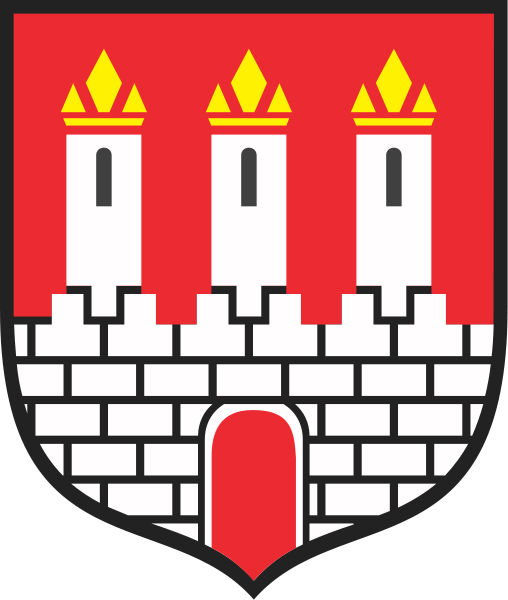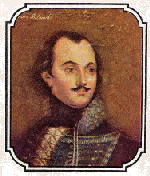Warka
 Warka is one of the oldest towns in Poland. Its name was first mentioned in 13th-century records when it began as a trading center. The origin of its name is obscure. I could have been derived from the Polish word warowac meaning "to guard", reflecting the early medieval function of guarding the access to the whole area adjacent to the Pilica estuary. Another hypothesis is that the name stems from one of the most widespread occupations of the local population: beer brewing--warzyc in Polish.
Warka is one of the oldest towns in Poland. Its name was first mentioned in 13th-century records when it began as a trading center. The origin of its name is obscure. I could have been derived from the Polish word warowac meaning "to guard", reflecting the early medieval function of guarding the access to the whole area adjacent to the Pilica estuary. Another hypothesis is that the name stems from one of the most widespread occupations of the local population: beer brewing--warzyc in Polish.
 The most famous citizen of Warka was Casimir Pulaski who was born there on March 4, 1747. In 1768, he joined a confederation of Polish gentry organized to defend the country from encroachment by the three great superpowers of the day: Russia, Austro-Hungary and Prussia. He fought numerous battles in Poland, some more successful than others. In 1771, he was part of a plot to kidnap the Polish king Stanislaus Augustus Poniatowski which failed. He fled Poland to Germany and France and then to the United States.
The most famous citizen of Warka was Casimir Pulaski who was born there on March 4, 1747. In 1768, he joined a confederation of Polish gentry organized to defend the country from encroachment by the three great superpowers of the day: Russia, Austro-Hungary and Prussia. He fought numerous battles in Poland, some more successful than others. In 1771, he was part of a plot to kidnap the Polish king Stanislaus Augustus Poniatowski which failed. He fled Poland to Germany and France and then to the United States.
His very first contacts with the American troops revealed to him their weakness and lack of professional training. He sent a letter to commander-in-chief George Washington expressing his desire to serve under his command in the war for independence from England. He was made a brigadier general and commander of the cavalry by Congress. He fought in the battles of Brandywine Creek (Pennsylvania), Germantown (Pennsylvania) and Haddonfield (New Jersey), Little Egg Harbor (New Jersey) and Charleston (South Carolina). On October 9, 1779, he took part in a cavalry charge against Fort Spring Hill in Savannah, Georgia, and was mortally wounded. He was taken aboard a ship and died two days later and was buried at sea. A museum in his honor exists in Warka. It contains pictures and artifacts from his Polish and American exploits.

